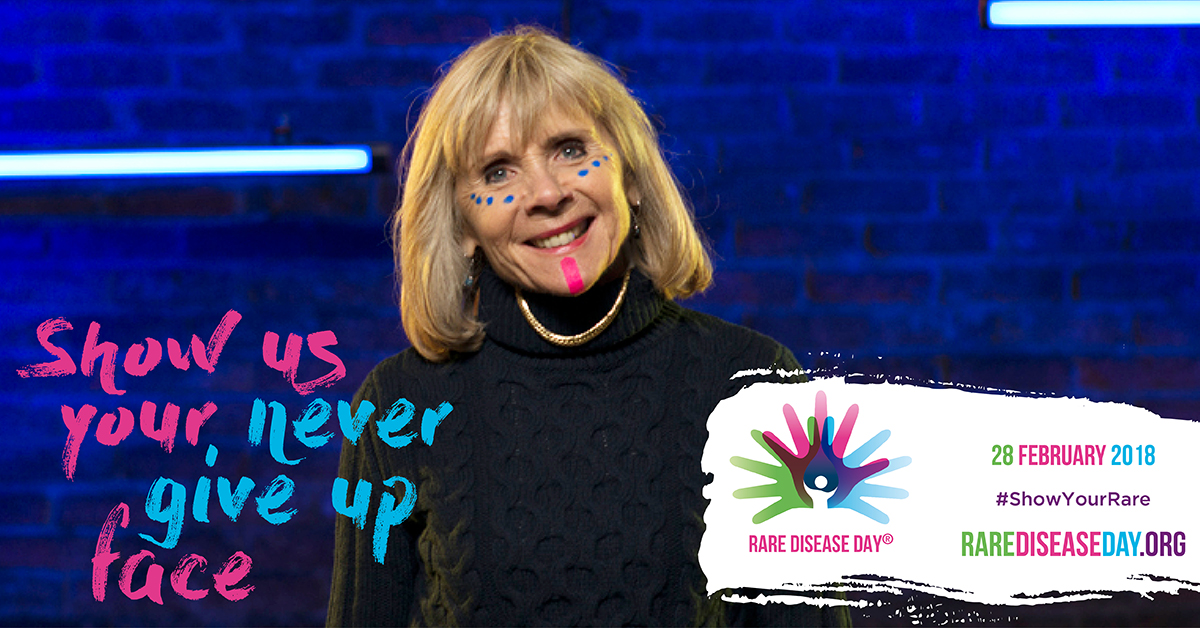 Annie developed Leber hereditary optic neuropathy (LHON) at an adult age, when she was 44 years old. LHON affects fewer than 1 in 15 000 people and causes a degeneration of the central vision of the patient. In Annie’s case her vision is limited to objects in very close range. She describes the change as having been very sudden with no warning signs, or pains to anticipate the major loss of eyesight. When Annie first went to hospital she remembers the traumatising speed of her losing her eyesight as she says she had the impression that everything was disappearing in front of her. Over the past 25 years she has learned how to do more and more in spite of her disease as she now is able to walk confidently and look at photos with the help of an enlargement screen.
Annie developed Leber hereditary optic neuropathy (LHON) at an adult age, when she was 44 years old. LHON affects fewer than 1 in 15 000 people and causes a degeneration of the central vision of the patient. In Annie’s case her vision is limited to objects in very close range. She describes the change as having been very sudden with no warning signs, or pains to anticipate the major loss of eyesight. When Annie first went to hospital she remembers the traumatising speed of her losing her eyesight as she says she had the impression that everything was disappearing in front of her. Over the past 25 years she has learned how to do more and more in spite of her disease as she now is able to walk confidently and look at photos with the help of an enlargement screen.
Awareness is key to making a difference
Working closely with AFM Téléthon and her own organisation Ouvrir Les Yeux, Annie has participated in campaigns to increase awareness and knowledge of LHON as well as rare diseases in general. She knows well the effects of the lack of knowledge around many rare diseases as she waited for her diagnosis for 8 years. She says that this caused a lot of uncertainty in her life as she had no knowledge of what would come next and how best to treat it while she waited for a conclusive diagnosis.
Research: Hope for the future
Having seen the progress of awareness of rare diseases over the past decade Annie is optimistic for the future, due to the clinical trials that have start for LHON which she has participated in. As LHON is passed on genetically through the mother she considers what the situation will be like for her children. She hopes that the increased focus on rare disease research in recent years will translate into better knowledge of the causes and into better treatment. Understanding and effective treatment being needs that LHON, as well as numerous other rare diseases, have lacked.
What she has learnt
Does she have any advice to those diagnosed with LHON? Annie highlights the importance of joining an association. This at first helps to get detailed knowledge of the disease from those organisations that have lots of information. And, just as importantly, to help to find solidarity with others living with the rare disease. On her diagnosis, Annie knew of nobody with LHON but by joining associations she started to feel less isolated as she knew she was not living her experience alone.
